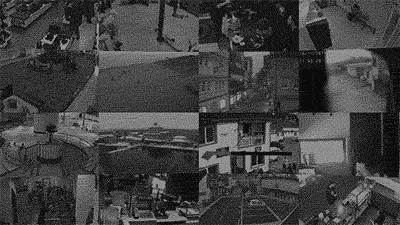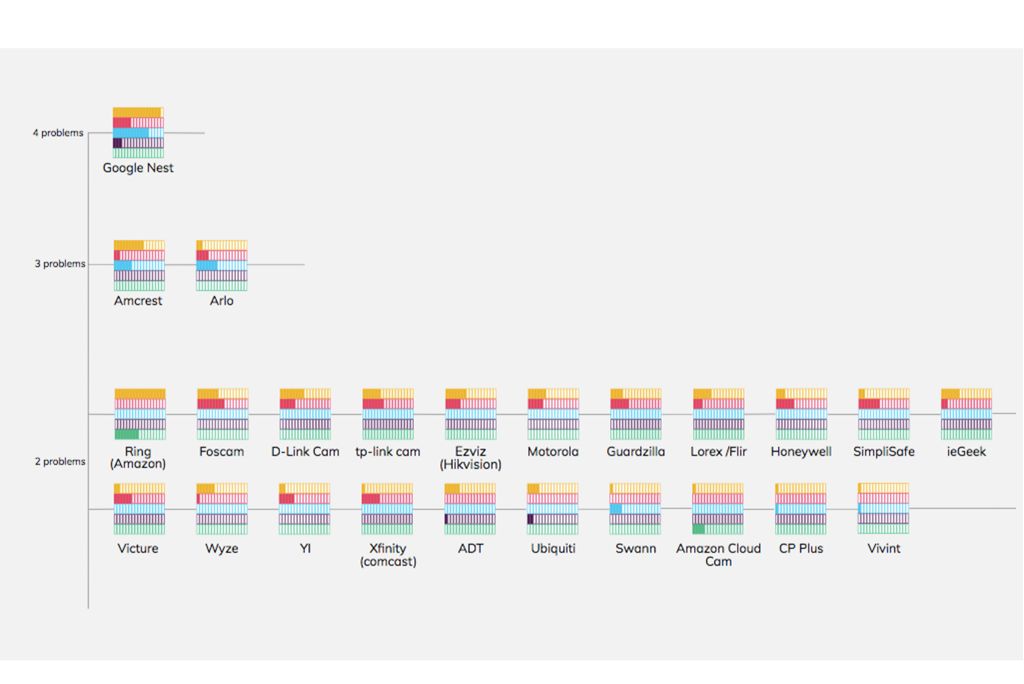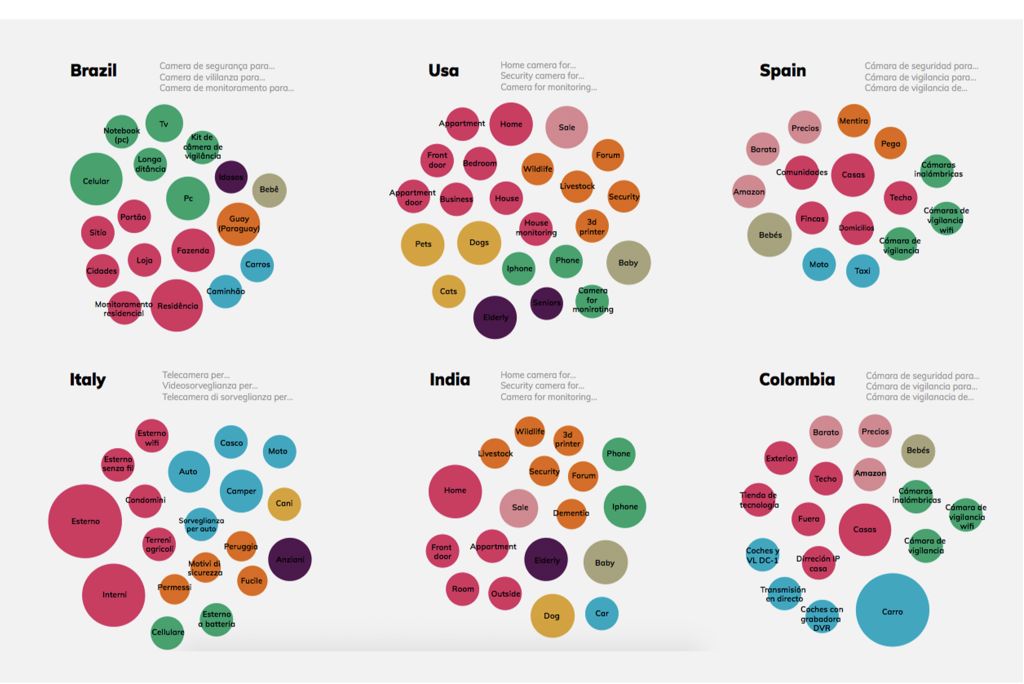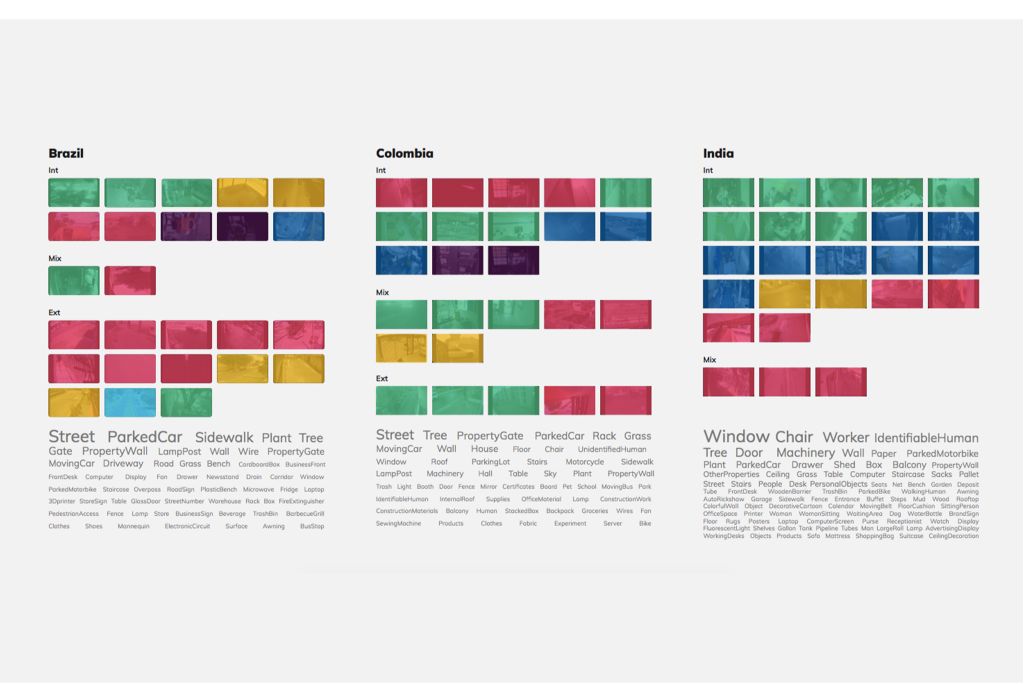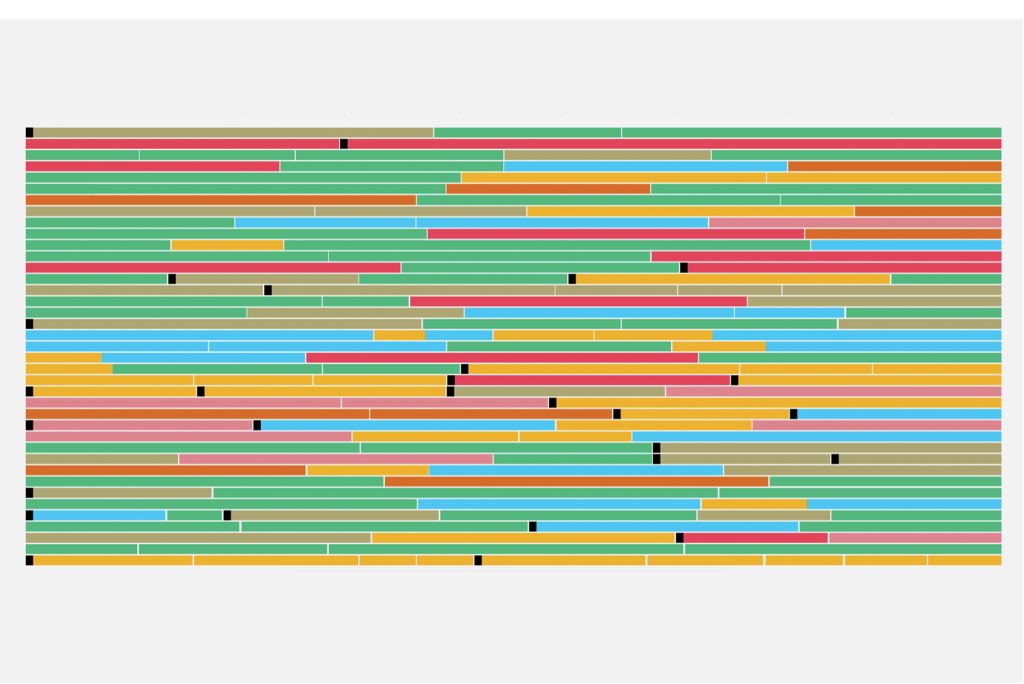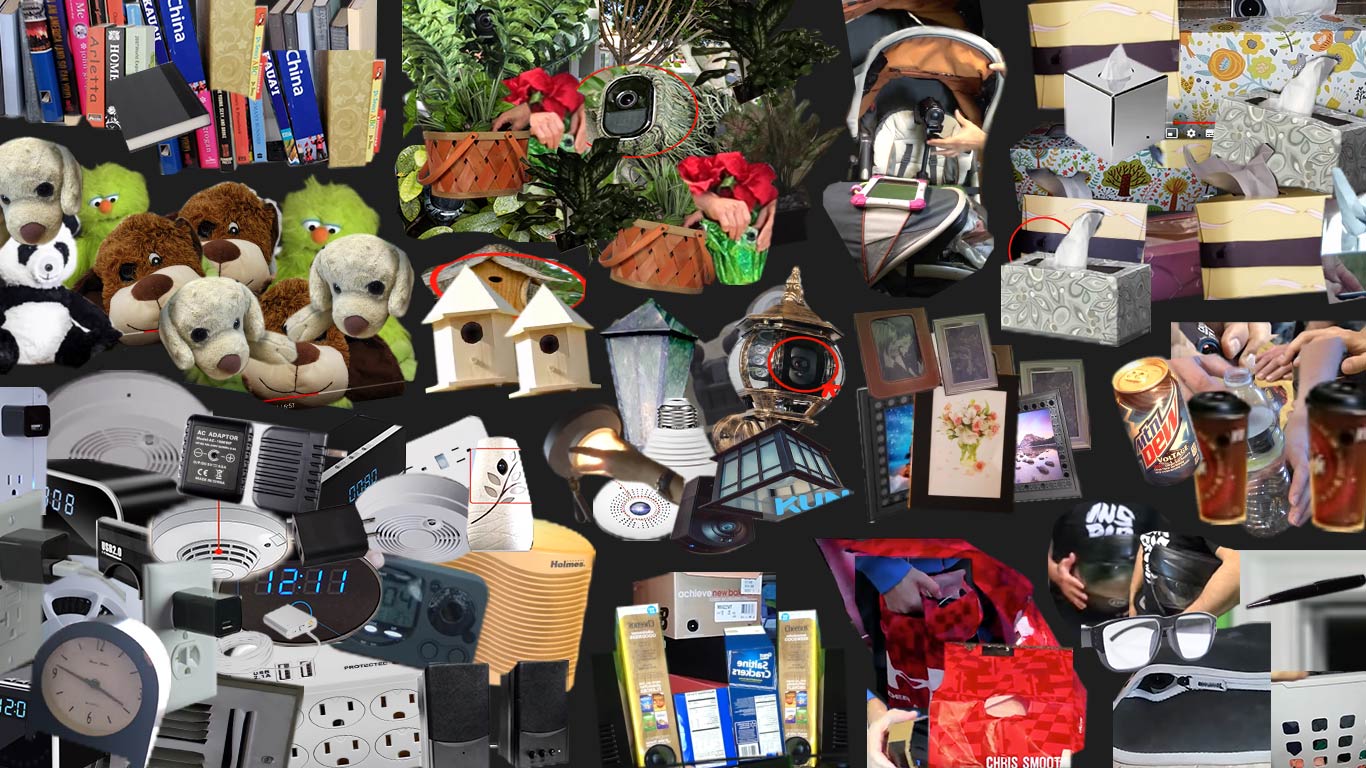Do you know that you can control the security camera of your house only with your computer? But also can anybody else! The use of smart objects or cameras at home is trending and so is the presence of invisible eyes: entities with unauthorized access to the devices. These connected cameras can bring a huge sense of security and make life much easier but, at the same time, raises vulnerability.
Big companies like Amazon and Google had recently reported breaches in their security systems, allowing hackers to access their user’s personal information. Through this research project we wanted to explore how much people are willing to sacrifice their privacy for the need of perceived security. By searching answers of different questions in several platforms, our goal is to disclose the scary ease of entering uninvited into a stranger’s life; finding reasons/purposes for one to buy these cameras; show and categorize examples of breached video streams; study real-life experiences about these cameras and what are some possible places they could be hidden.
The “invisible eyes” can be in any corner of the street, on your entrance door, behind a plant in your garden or even in the computer you are using right now. Such questions triggered us to visualize the global surveillance scenario, hoping to bring to light the dark and hidden concerns of privacy.
